
Oral herpes is an infectious disease caused by Herpes simplex virus. In the majority of cases the infection develops as a result of type 1 Herpes simplex virus infection, although even type 2 of the virus may be blamed for the onset of the disease.
Lesions affect the inside of the oral cavity or the mouth and are also known as cold sores and fever blisters.
Symptoms of Oral Herpes
Typical fluid filled blisters form inside the oral cavity, as well as on the lips. These painful vesicles easily burst, leaving open sores that are even more painful and which heal spontaneously without scarring. Crusting is reported on lesions affecting the lips. Initial outburst of oral herpes may be accompanied by fever and chills.
If lips are affected, blisters tend to fuse and create a cluster resembling grapes. lesions inside the oral cavity are generally isolated.
The content of fever blisters is highly contagious and contains multiple viral particles that can be easily transmitted to other people by kissing or sharing eating utensils and other such items.
While primary infection caused by herpes simplex virus typically develops in a form of blisters distributed on different parts of the oral cavity and on the lips, recurrent infections are characterized by blisters affecting only the lips. Initial infection may also be asymptomatic.
Recurrence of oral herpes depends on an individual. There are numerous triggers of recurrent infection including exposure to the sun, other infections, menstruation, emotional and physical stress etc. Sometimes is, however, impossible to foresee the infection and it reoccurs without any warning. People may experience one recurrent episode of oral herpes in several years while others have to deal with this medical issue several times per year.Treatment for Oral Herpes
Treatment for oral herpes comprises non-specific treatments and specific anti-viral therapy. Non-specific treatments deal with all the symptoms and signs of the infection while being unable to eradicate the infective agents responsible for the infection. Specific anti-viral therapies, on the other hand, reduce multiplication of the virus and this way prevent new blisters from developing. Anti-viral drugs are also efficient when it comes to accelerating lesion healing and prevention of recurrent episodes of oral herpes.
Non-specific therapies include measures of impeccable hygiene which will prevent secondary bacterial infections as well as a soft and bland diet. Topical anesthetics (lidocaine) coat the gum and the affected parts of the oral cavity and reduce the pain. Additional help is obtained from pain-relieving medications such as acetaminophen and ibuprofen.
Antiviral drugs used in case of oral herpes are Valacyclovir and famciclovir. They reduce the intensity of the infection and may also lessen the blister formation if taken once the person feels that the infection is going to reoccur.


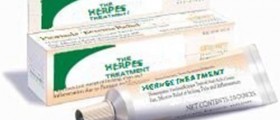
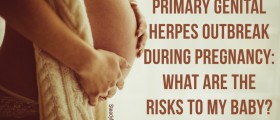

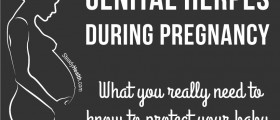
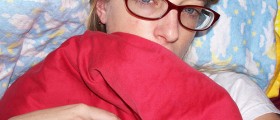
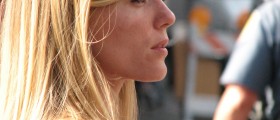
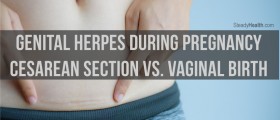
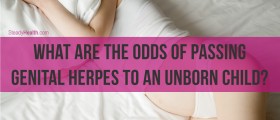
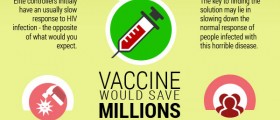
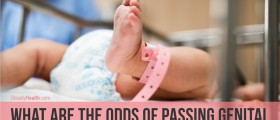
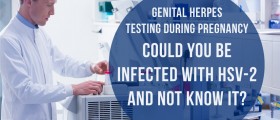

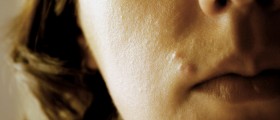
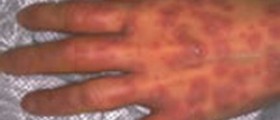

Your thoughts on this
Loading...